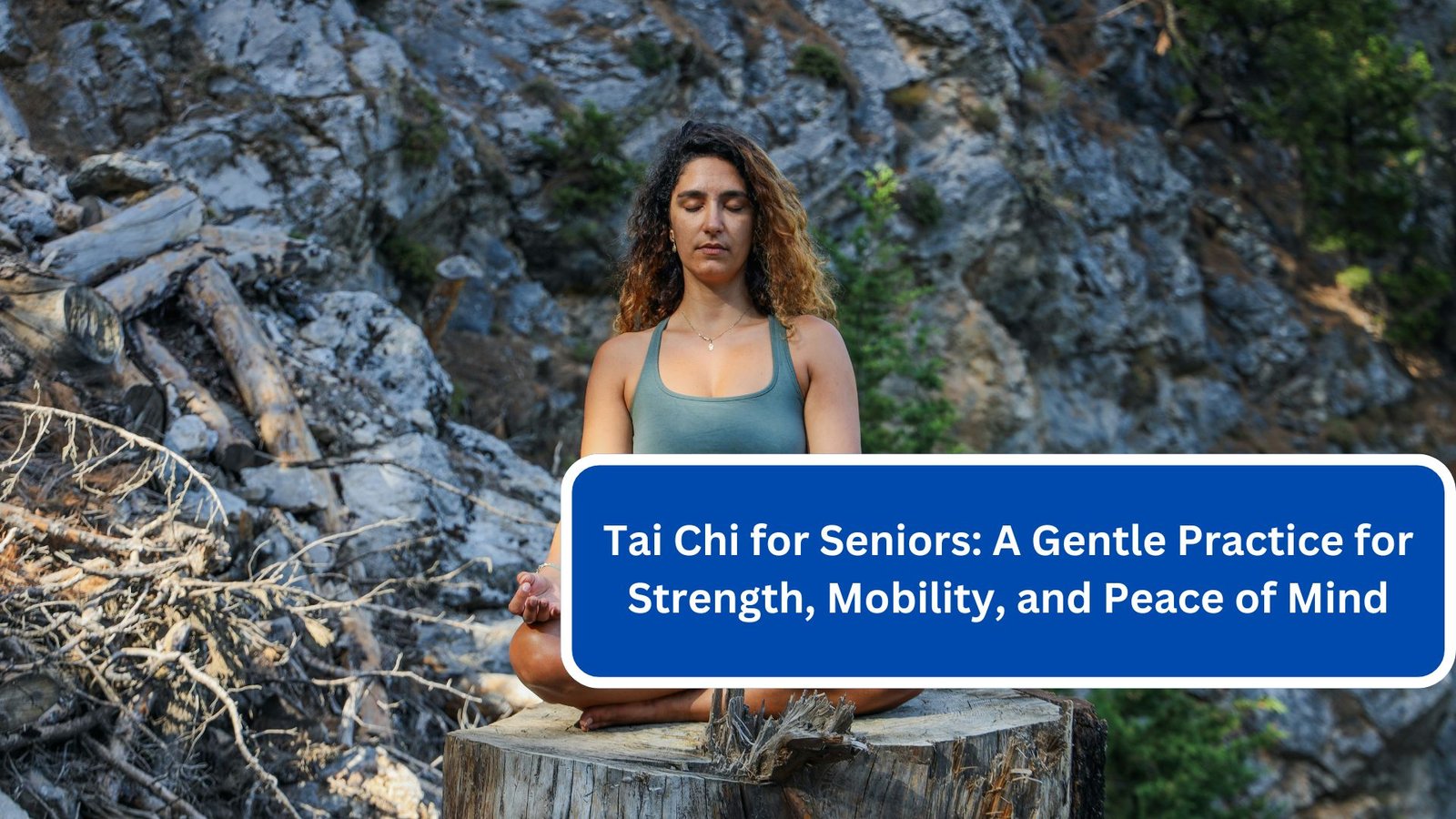As seniors seek ways to maintain their physical health and emotional well-being, tai chi has emerged as an excellent practice that offers numerous benefits. This ancient Chinese martial art, characterized by slow, flowing movements and deep breathing, is especially suited for older adults. Here’s an exploration of how tai chi can enhance strength, mobility, and peace of mind for seniors.
Understanding Tai Chi
What is Tai Chi?
Tai chi is often described as “meditation in motion.” It involves a series of gentle, controlled movements that promote relaxation, balance, and coordination. Unlike many high-impact exercises, tai chi is low-impact, making it accessible for seniors with varying fitness levels.
Historical Roots
Originating in China, tai chi has a rich history that dates back centuries. Initially developed for self-defense, it has evolved into a popular form of exercise that emphasizes health, relaxation, and mindfulness.
Benefits of Tai Chi for Seniors
Improved Strength
One of the key advantages of tai chi is its ability to enhance muscle strength. The practice involves slow, deliberate movements that engage various muscle groups. Over time, this can lead to increased strength, particularly in the legs and core, which are essential for stability and mobility.
Enhanced Balance and Coordination
Tai chi is renowned for improving balance, which is crucial for preventing falls—a common concern for seniors. The practice trains the body to move fluidly and maintain stability, reducing the risk of injury. Improved coordination can also enhance daily activities, making movements smoother and more controlled.
Increased Flexibility
Regular practice of tai chi helps to improve flexibility, allowing for greater range of motion in the joints. This can alleviate stiffness and discomfort, enabling seniors to engage in activities they enjoy without limitations.
Mental and Emotional Benefits
Stress Relief and Relaxation
The meditative aspect of tai chi promotes relaxation and stress relief. By focusing on breath and movement, practitioners can quiet their minds, reducing anxiety and fostering a sense of peace. This mental clarity can be especially beneficial for seniors navigating life transitions.
Enhanced Mindfulness
Tai chi encourages mindfulness, allowing seniors to connect with their bodies and the present moment. This focus can improve overall emotional health, helping individuals manage the challenges that come with aging.
Social Connection
Many seniors participate in tai chi classes, which fosters a sense of community and social engagement. Building connections with others can combat feelings of isolation and loneliness, enhancing emotional well-being.
Getting Started with Tai Chi
Finding a Class
Seniors interested in tai chi can look for local classes specifically designed for older adults. Many community centers, gyms, and wellness programs offer sessions that cater to varying skill levels and physical abilities.
Starting Slow
It’s important for beginners to start slowly and focus on mastering the foundational movements. Tai chi is a gentle practice, but learning the correct techniques is essential for maximizing benefits and preventing injuries.
Practicing at Home
While classes provide guidance, practicing tai chi at home can enhance the benefits. Online resources, videos, and instructional books can help seniors maintain a regular practice schedule.
Conclusion
Tai chi is a gentle yet powerful practice that offers seniors a multitude of benefits, including improved strength, mobility, and peace of mind. Its low-impact nature makes it accessible for older adults, while its emphasis on mindfulness promotes emotional well-being. By incorporating tai chi into their routines, seniors can cultivate a healthier, more balanced lifestyle, enhancing their quality of life as they age.

